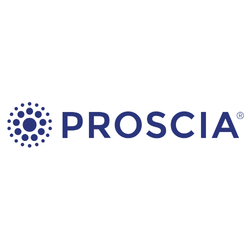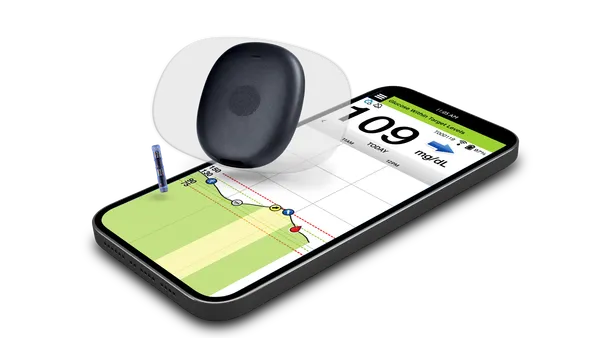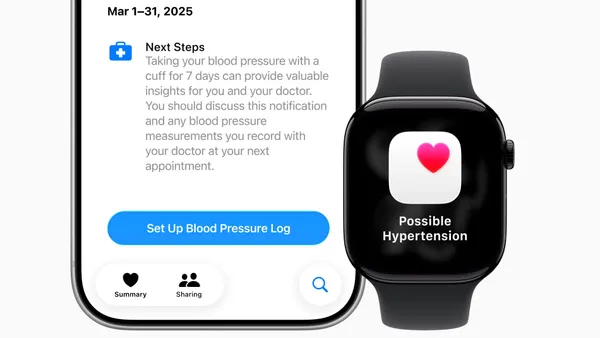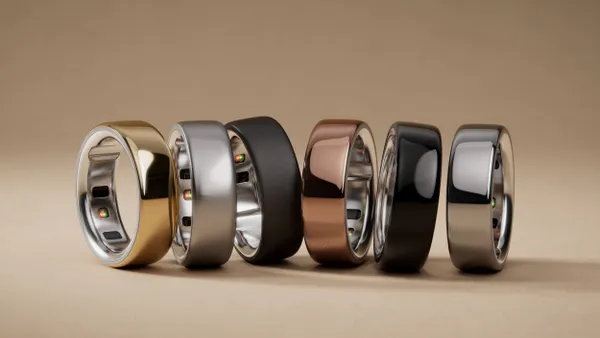Dive Brief:
- Ceribell has received 510(k) clearance to use its Clarity seizure-detection algorithm in neonates, the company said Monday.
- The algorithm processes data captured by a headcap with electroencephalography sensors to detect electrographic seizures. Subclinical seizures can go undetected without EEG monitoring.
- Ceribell executives have estimated that the neonatal and pediatric markets will add $400 million to its current $2 billion addressable market opportunity.
Dive Insight:
The American Clinical Neurophysiology Society updated its guidelines on continuous EEG monitoring last year, providing support for the use of the technology in neonates at high risk for seizures. Ceribell has identified an opportunity to grow by overcoming the inability of conventional EEG systems to provide the speed of diagnosis and continuous monitoring that are needed in acute care settings.
Ceribell initially focused on adults. A series of Food and Drug Administration clearances have positioned the company to market its products for use in neonates and children. Ceribell received clearance for its algorithm in children aged one year and older in April.
The algorithm works in conjunction with a headcap or headband. Ceribell received 510(k) clearance for a headcap suitable for use in children in 2023. The FDA issued another headcap clearance in October. The updated label specifies that “the headcap shall be placed on the head of infants, including newborns and preterm babies.”
“During our pilot, we learned that our physicians and nurses would like the FDA clearance to be even more specific, that it is cleared for preterm as well as term neonate because they are very protective of this vulnerable population,” Ceribell CEO Jane Chao said on the company’s third-quarter earnings call in early November.
Chao said Ceribell has case studies showing its technology can detect seizures early or avoid unnecessary treatment. The company is preparing to use such evidence to persuade neonatal intensive care units to adopt its technology. Chao said Ceribell works with around 200 hospitals that have NICUs and plans to expand use of its technology to those departments.
Ceribell also plans to target around 280 children’s hospitals. The company has little presence in those hospitals because of its historical focus on adults. By acquiring new accounts and expanding into NICUs managed by existing clients, Ceribell calculates it can unlock a $400 million market. The company posted sales of $64.3 million for the first nine months of 2025, a 37% increase over the same period in 2024.











